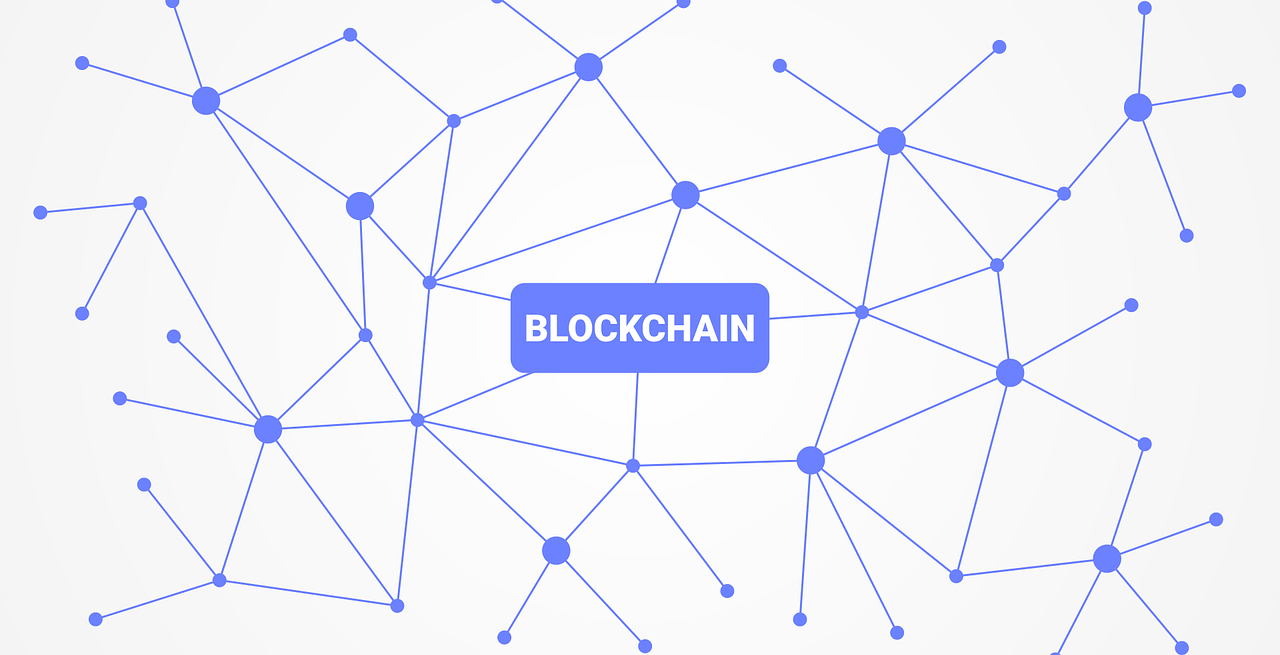Limiting Waste from Food Recalls Using Blockchain – and What it Means for Restaurants
3 Min Read By Shidan Gouran
By using blockchain technology in the supply chain, food shipments can be traced all the way back to their origin in a matter of seconds, whereas traditional methods would take several days to do so. This means that when a case of food poisoning comes out and a common source of the infection is identified, a blockchain can zero in on where it started and where it has spread, so that the proper action can be taken to recall the affected goods. In kind, the unaffected goods can be identified as safe for consumption, preventing unspoiled food from being recalled and going to waste.
Since the integrity of food products is vital for both safe food service and a restaurant’s bottom line, blockchain’s abilities are very relevant.
This functionality will be especially beneficial to restaurants, as it will help to mitigate losses incurred from having to discard large amounts of potentially affected food items based on just the possibility of contamination from a recall order. Additionally, if a restaurant’s supply of a potentially affected product is found to be unaffected, it will prevent disruptions in food service that result from key ingredients being pulled. This limits the impact of recalls, while providing guests peace of mind that the restaurant is not serving food products affected by a recall.
One recent case in which blockchain technology could have prevented a major disruption was the E. coli breakout caused by infected romaine lettuce. Throughout April of this year, 84 E. coli infections were reported to the CDC from people in 19 states. From these 84 cases, 42 of them resulted in hospitalization. Upon the CDC’s investigation, the source of this infection has been narrowed down; this outbreak stemmed from contaminated romaine lettuce grown in the Yuma, Arizona region. While this information appears to be highly insightful in that it definitively identifies both a specific food type and an originating region, it is nearly useless in the context of a recall, particularly to restaurant patrons.
Why is that?
From the patron’s perspective, they have no way of telling where lettuce comes from – since restaurant menus rarely specify a growing region for vegetables. Further, it is rarely found on product packaging if the lettuce is domestically grown.
From the restaurant industry’s perspective, they have no way of pulling back only the contaminated products, as there has not yet been a single supplier, distributor, or brand identified as the source of this outbreak. Similarly, from the government’s perspective, since they lack this information, they cannot put out a recall order that is in any way specific. After all, the only information they have to go on is that the affected lettuce comes from Yuma, Arizona – which is an agriculture town with a population of more than 200,000 people, and more than five times the land area of Manhattan.
As implementations of blockchain technology in food supply chains start to roll out, it behooves restaurants to seek out suppliers that are beginning to use it.
So, with E. coli infection reports piling up and no easy way to figure out how to control it, what is the CDC to do? It’s simple. Put out a blanket announcement that says do not eat or buy romaine lettuce at all unless you can confirm it is not from the Yuma, Arizona growing region. While this is a prudent approach, it is clear that it comes at a loss to many consumers, grocery retailers, and restaurants – since it will force many of them to discard perfectly good lettuce. This loss is one that blockchain technology could have prevented, had it been used to track lettuce shipments.
Speaking realistically, the supply chain is generally not dealt with at the restaurant level. Which means that the early benefits of blockchain technology in the supply chain will be indirect at best for restaurants. However, as implementations of blockchain technology in food supply chains start to roll out, it behooves restaurants to seek out suppliers that are beginning to use it. This is especially important for suppliers of key menu item ingredients, since their ability to swiftly and accurately identify affected products in a recall will enable a restaurant to continue service as normal if they know their inventory has not been affected.
Food recalls are never good news for anybody. Blockchain technology can help to mitigate the damage caused by these recalls, and limit the losses that result from them. Since the integrity of food products is vital for both safe food service and a restaurant’s bottom line, blockchain’s abilities are very relevant to the restaurant world. Once food supply chains begin to integrate blockchain technology, the vendors that use it will have a distinct value-add for restaurant clients of all sizes.


